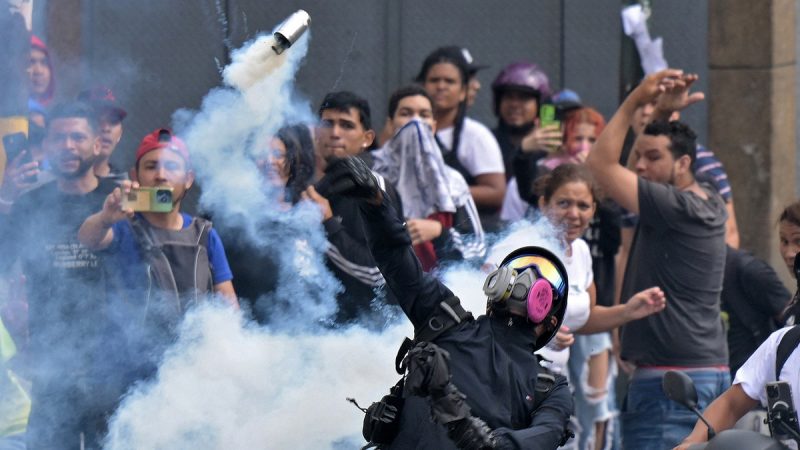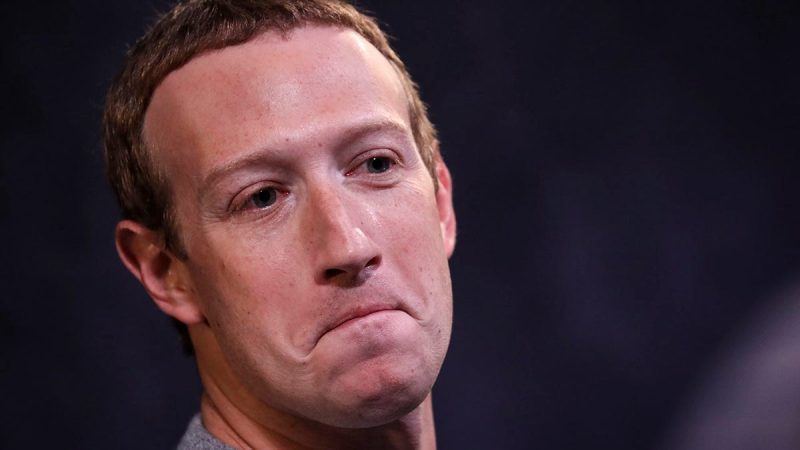
Venezuelans will keep fighting for democracy. They have no choice
If you asked Venezuelans how they felt at the beginning of 2023, most would answer hopeless and resigned. Nicolás Maduro, the socialist dictator, had just crushed and co-opted many of the opposition leaders. More than 9 million people were starving, not able to eat three meals a day. Over 350,000 Venezuelans had recently fled the country through the Darien Gap, and the regime was bombarding those who stayed with propaganda that ‘Venezuela is fixed.’ For many, the dictatorship was seen as unbeatable. The dilemma was now whether to get used to the new normal or leave the country.
In this context, the fragmented opposition decided to solve its problem of unified leadership through primary elections. No one was betting on their success. But Venezuelans gave a lesson in democracy when 2.6 million stood against the regime on October 22 and nominated María Corina Machado with a 93% turnout. ‘Havana we have a problem!’ was probably heard in the hallways of Miraflores, the presidential palace, as an unprecedented social movement was now focused on restoring freedom and democracy.
The reaction of the dictatorship was predictable. Machado was illegally banned from running for office and Professor Corina Yoris, the first opposition replacement, was blocked by the Electoral Council.
Almost 5 million Venezuelan migrants were ruled out from voting, more than 120 activists were illegally detained during the campaign, and the electoral observation mission from the European Union was not allowed to enter the country. The Barbados Accords, signed a few days before the primary elections, were not fulfilled by Jorge Rodríguez, the chief of the regime’s negotiating team.
Unfortunately, none of this was surprising.
From this authoritarian haze, Edmundo González was the only democratic opposition candidate left that was ‘allowed’ to run. A long-serving diplomat, he was unknown by the majority of Venezuelans, and critically underestimated by the regime. His candidacy was registered on a voting ballot that featured the face of Maduro no less than 15 times and the faces of alacranes, so-called opposition candidates promoted by the regime, to confuse voters.
Despite the omnipresent censorship of TV networks, radio stations and websites, González was recognized throughout the country in a matter of days. He formed a powerful duo alongside Machado who had not stopped rallying the country since she was banned from running by the regime.
The country that was once hopeless and submerged in darkness recovered its faith. Venezuelans started to see a light at the end of the tunnel, but it was still a campaign within a dictatorship. The regime would not allow billboards or stages for rallies. Maduro’s intelligence apparatus employed brutal persecution against those who dared to speak out.
The National Guard deployed checkpoints to control movement within the country. Restaurants were even shut down after Machado and González stopped by to eat. None of this mattered to the Venezuelan people who saw this moment as their last chance to return to democracy and reunite their families after decades of oppression.
Ahead of the presidential election, the largest civic organization in Venezuela’s history was formed with more than 600,000 people signing up to become poll watchers, volunteers and mobilizers. These everyday heroes secured voting tallies despite the regime’s efforts to steal the election.
They broadcast the reality of the people’s vote on a website that now serves as concrete evidence that González defeated Maduro in a landslide. Competing against a dictatorship and against all odds, González won 70% of the vote, the largest victory in the history of Venezuelan presidential elections. With a free and fair election, that number could have been closer to 90%.
In the aftermath of the vote, election observers from the Carter Center and a panel of experts from the United Nations agreed on a lack of electoral transparency and were unable to declare Maduro as the victor.
Despite the omnipresent censorship of TV networks, radio stations and websites, González was recognized throughout the country in a matter of days. He formed a powerful duo alongside Machado who had not stopped rallying the country since she was banned from running by the regime.
The regime’s reaction has been brutal. In their so-called Operation Knock-Knock, Maduro’s thugs are targeting anyone who dares to speak out. Twenty-three people have been killed so far. Two thousand two hundred innocent Venezuelans have been arrested. Access to X, the social media platform formerly known as Twitter, was shut down. Thousands of new police checkpoints were deployed across the country. And criminal investigations were launched against González and Machado.
The real outcome of the election is plain to see behind Maduro’s lies: democracy won and the dictatorship lost. But as the regime holds on to power by force, Venezuelans have not lost faith. The movement that started last year against all odds and reached its peak on July 28 is unstoppable. The voice of the Venezuelan people cannot be silenced.
Increasing pressure with non-violent protests within the country, peaceful gatherings across the world with the diaspora, and protecting the leadership of Machado and González will be decisive to achieve what Venezuelans deserve — freedom.



